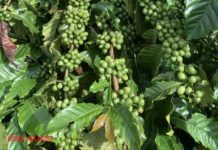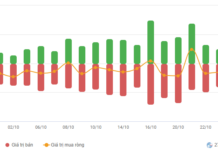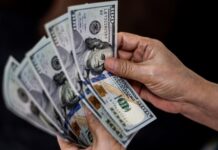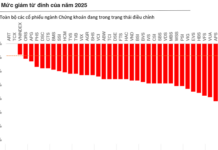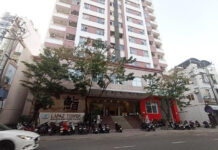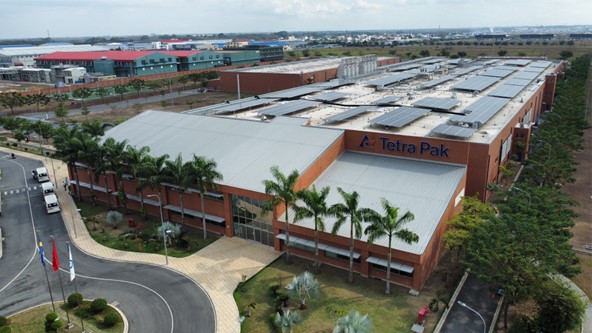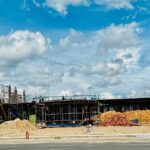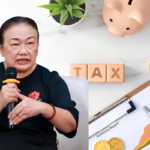Climate change remains a significant global challenge, profoundly impacting human life. The Prime Minister has approved the National Action Plan to implement the 2030 Agenda, aiming for net-zero emissions and over 70% renewable energy by 2050.
The F&B industry, one of the largest and most intimately linked to human life, is vulnerable to climate change impacts and puts pressure on the natural environment. Thus, F&B businesses need to continuously strive for sustainable development throughout their value chain.
2024 marks the 30-year journey of “Protecting what’s good: Food, People and Planet” for Tetra Pak in Vietnam. Tetra Pak has accompanied and significantly contributed to the development of hundreds of enterprises and the entire F&B industry, becoming a model for sustainable transformation with five main pillars: Food Systems, Circular Economy, Climate, Nature, and Social Responsibility.
Building a Sustainable Food System
This is the main pillar of Tetra Pak’s sustainable development strategy. Since installing the first filling line in Vietnam in 1993, Tetra Pak has collaborated with F&B businesses to continuously develop new beverage products… Thanks to advanced processing and sterilization technology, the products can be preserved for up to a year without preservatives or refrigeration, saving transportation and energy costs.
From 2019 to the present, Tetra Pak has invested 217 million USD in building and expanding its first aseptic packaging factory in Binh Duong. With an expanded capacity of about 20 billion packages per year, the factory sets new standards in production, focusing on sustainability and quality. In 2023, the factory was certified with the GRCGS AA rating for quality and food safety for paper box packaging.
“The expansion of Tetra Pak’s investment in Vietnam not only ensures the supply and quality of packaging materials for manufacturers but also brings significant advantages to the entire food and beverage industry, especially dairy producers,” said Mr. Tran Quang Trung, Chairman of the Vietnam Dairy Association.
Minimizing Impact on Nature
This pillar is applied according to the characteristics of each country, specifically by using responsibly sourced materials. In 2013, Tetra Pak introduced FSC™-labeled packages in Vietnam for the first time.
According to Tetra Pak’s 2023 Sustainability Report (TPSR), all Tetra Pak papers (accounting for over 70% of beverage carton composition) are produced from wood sourced from FSC™-certified forests and other controlled sources.
In addition to paper, in 2022, 99.6% of Tetra Pak’s aluminum volume was supplied by ASI-certified units. 100% of the plant-based plastics are also made from sustainably sourced sugarcane and certified by Bonsucro, according to the TPSR.
Mitigating and Adapting to Climate Change
With the goal of achieving net-zero greenhouse gas emissions from company operations by 2030, Tetra Pak continuously implements initiatives to mitigate and adapt to climate change, transitioning to renewable energy sources and reducing energy intensity. According to the TPSR, Tetra Pak has set emission reduction targets in line with the Science-Based Targets initiative (SBTi) to limit global temperature rise to 1.5°C.
In the first half of 2023, nearly 5,900m2 of solar panels were installed at the Binh Duong factory, generating approximately 1,900 MWh of renewable energy annually and reducing over 700 tons of CO2 emissions.
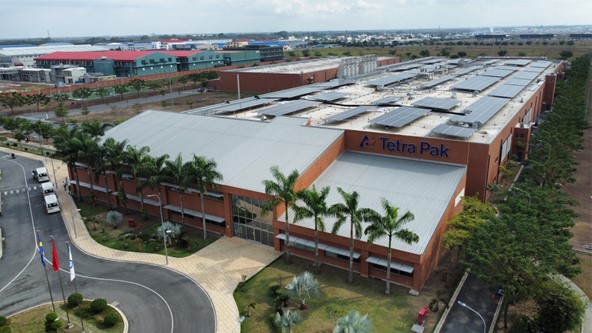
Solar panels installed on the roof of the Tetra Pak Binh Duong factory
Promoting a Circular Economy
Transitioning to a circular economy is a long-term journey that requires the participation of governments, associations, businesses, and communities. Tetra Pak is a pioneer in investing in infrastructure, engaging stakeholders, and organizing activities to promote the development of a circular economy in Vietnam.
In 2010, Tetra Pak partnered with Dong Tien Paper and Packaging Company Limited – the first partner for recycling used beverage cartons in Vietnam – to build the first recycling line with a capacity of 9,000 tons/year. The recycling capacity is expected to increase to 26,000 tons/year when the second line becomes operational by the end of this year.
Tetra Pak also has long-term partnerships with Thuan An Production Company Limited (Binh Duong) since 2011 and Van Diem Paper Joint Stock Company (Hanoi) since 2023 to enhance the collection and recycling of used paper beverage cartons.
In addition, Tetra Pak collaborates with relevant parties to implement educational activities and raise awareness about collecting and recycling used paper cartons for millions of students in over 2,000 kindergartens and primary schools, apartment buildings, and shopping centers such as MM Mega Market and AEONMALL since 2019.
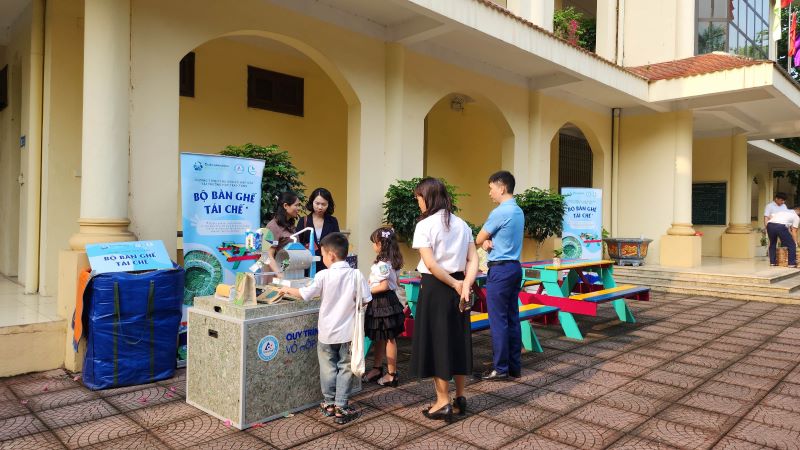
Tetra Pak continuously connects with stakeholders to expand the collection network for paper cartons in the community.
“As a founding member of PRO Vietnam, Tetra Pak continuously initiates and implements practical activities such as investing in infrastructure, connecting stakeholders, raising community awareness, and developing a sustainable packaging collection and recycling ecosystem. Especially, we appreciate Tetra Pak’s proactive and dedicated approach in accompanying food and beverage manufacturers in Vietnam to implement Extended Producer Responsibility (EPR). This will significantly contribute to promoting a circular economy in Vietnam,” shared Mr. Pham Phu Ngoc Trai, Chairman of Packaging Recycling Organization Vietnam (PRO).
Contributing to the Community
Tetra Pak’s factory construction and expanded investment in Vietnam over the past 30 years have created jobs for thousands of local workers and trained a high-quality workforce for the F&B industry.
In 2021, Tetra Pak Vietnam was honored as one of the top 100 companies in Ho Chi Minh City that excellently implemented Vietnam’s Social Security Policy, demonstrating its commitment to supporting employees and the local community during and after the COVID-19 pandemic.
Tetra Pak’s sustainability initiatives, such as recycling used beverage cartons into commercial products, indirectly contribute to improving the livelihoods of waste collectors.
As you can see, Tetra Pak’s five pillars for sustainable transformation provide a valuable model for many businesses. This model is built on a foundation of global knowledge and decades of experience. To achieve a sustainable transformation, businesses need to define strategies that match their capabilities, invest seriously in research and product development, synchronize production and operation systems, and seek partners with shared commitments and responsibilities.
Bình Thuận’s Dragon Fruit: A New Path for Sustainable Agriculture and Reduced Emissions
The initial successes in growing dragon fruit and reducing greenhouse gas emissions, as well as carbon footprint tracking in Binh Thuan, are evidence that Vietnam has, is, and will be able to apply innovative approaches to develop sustainable agriculture, adapting to climate change…

